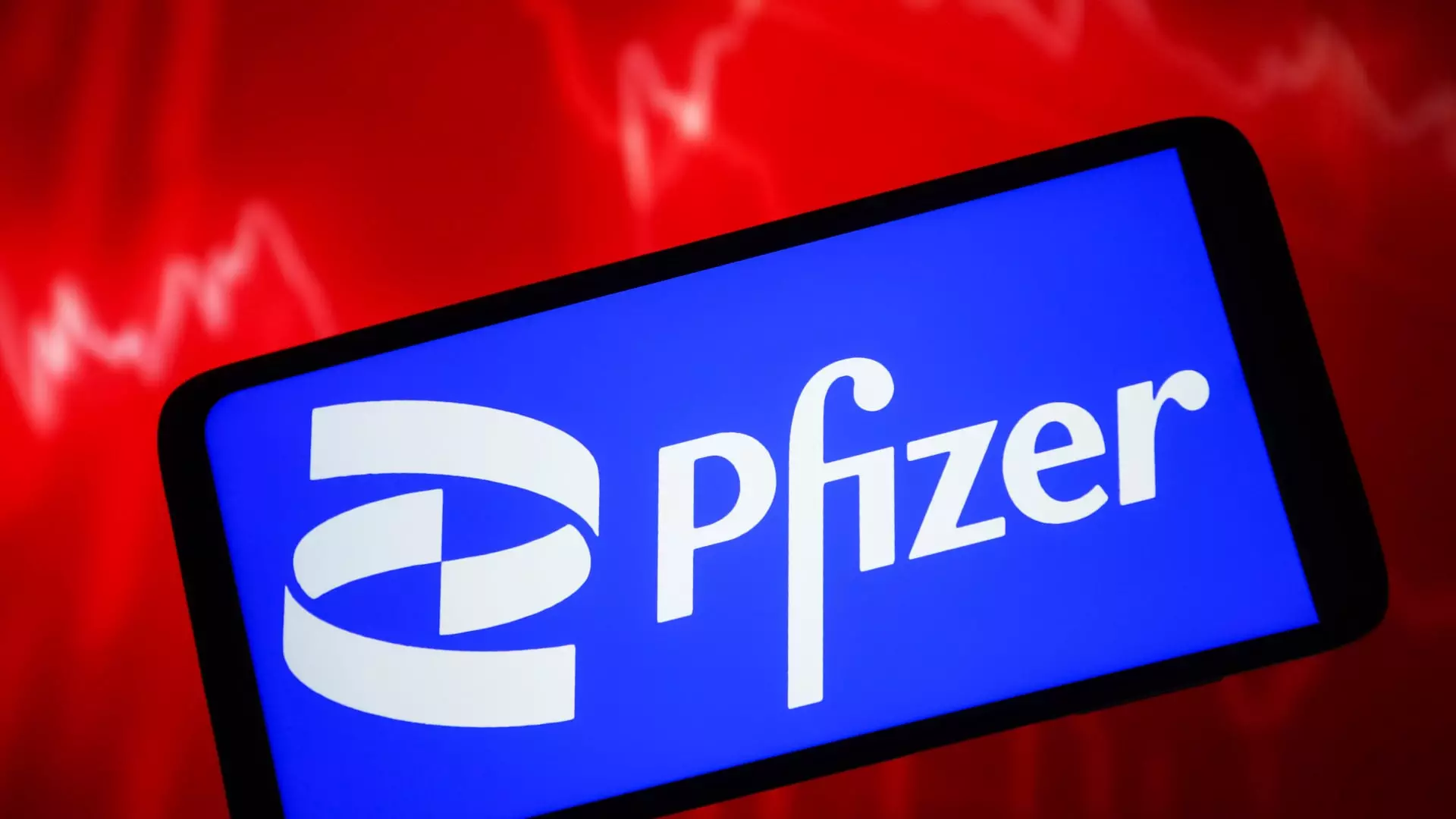The Food and Drug Administration's recent announcement approving Pfizer's treatment for hemophilia B marks a significant milestone in the field of gene therapy. The drug, known as Beqvez, is the first gene therapy from Pfizer to receive clearance in the U.S., offering new hope for adults with moderate to severe hemophilia B.
Beqvez is a monumental breakthrough for individuals living with hemophilia B, a rare genetic bleeding disorder that affects over 7,000 people in the U.S. The condition, characterized by insufficient levels of factor IX, a protein crucial for blood clotting, can lead to frequent bleeding episodes and mobility issues. Traditional treatments for hemophilia B often involve multiple infusions of factor IX, posing challenges for patients in terms of commitment and lifestyle disruptions.
Beqvez is a one-time treatment designed to enable patients to produce factor IX themselves, reducing the need for frequent infusions and providing better control over bleeding episodes. In clinical trials, the drug demonstrated superiority over standard treatments for hemophilia B, offering a more convenient and effective alternative for patients. This has the potential to significantly improve the quality of life for individuals with hemophilia B by reducing both the medical and treatment burden in the long term.
Pfizer's foray into gene therapy with Beqvez represents a strategic move for the company as it seeks to diversify its portfolio beyond its Covid business. By investing in gene and cell therapies, Pfizer is positioning itself to tap into the rapidly growing field of one-time, high-cost treatments that target specific genetic sources or cells to cure or alter the course of diseases. With the rights to produce and market Beqvez acquired from Spark Therapeutics in 2014, Pfizer is capitalizing on the potential of gene therapy to revolutionize the treatment landscape for rare genetic disorders like hemophilia B.
While Beqvez offers promising prospects for patients with hemophilia B, the drug's high price tag of $3.5 million before insurance and rebates raises concerns about accessibility and affordability. Competing with CSL Behring's Hemgenix, another gene therapy for hemophilia B with a similar price point, Pfizer faces challenges in ensuring widespread adoption of Beqvez. Health experts have highlighted logistical issues and cost barriers as factors that may hinder the uptake of gene therapies, underscoring the need for innovative pricing and reimbursement strategies to make these treatments more accessible to patients.
As Pfizer continues to expand its gene therapy portfolio with potential treatments for hemophilia A and B, the landscape of rare genetic disorders is poised for transformation. With the approval of Beqvez and other gene therapies, patients with previously limited treatment options now have new hope for improved outcomes and quality of life. The FDA's endorsement of gene therapy as a viable treatment approach underscores the potential for these innovative therapies to revolutionize the standard of care for rare genetic disorders in the years to come.

